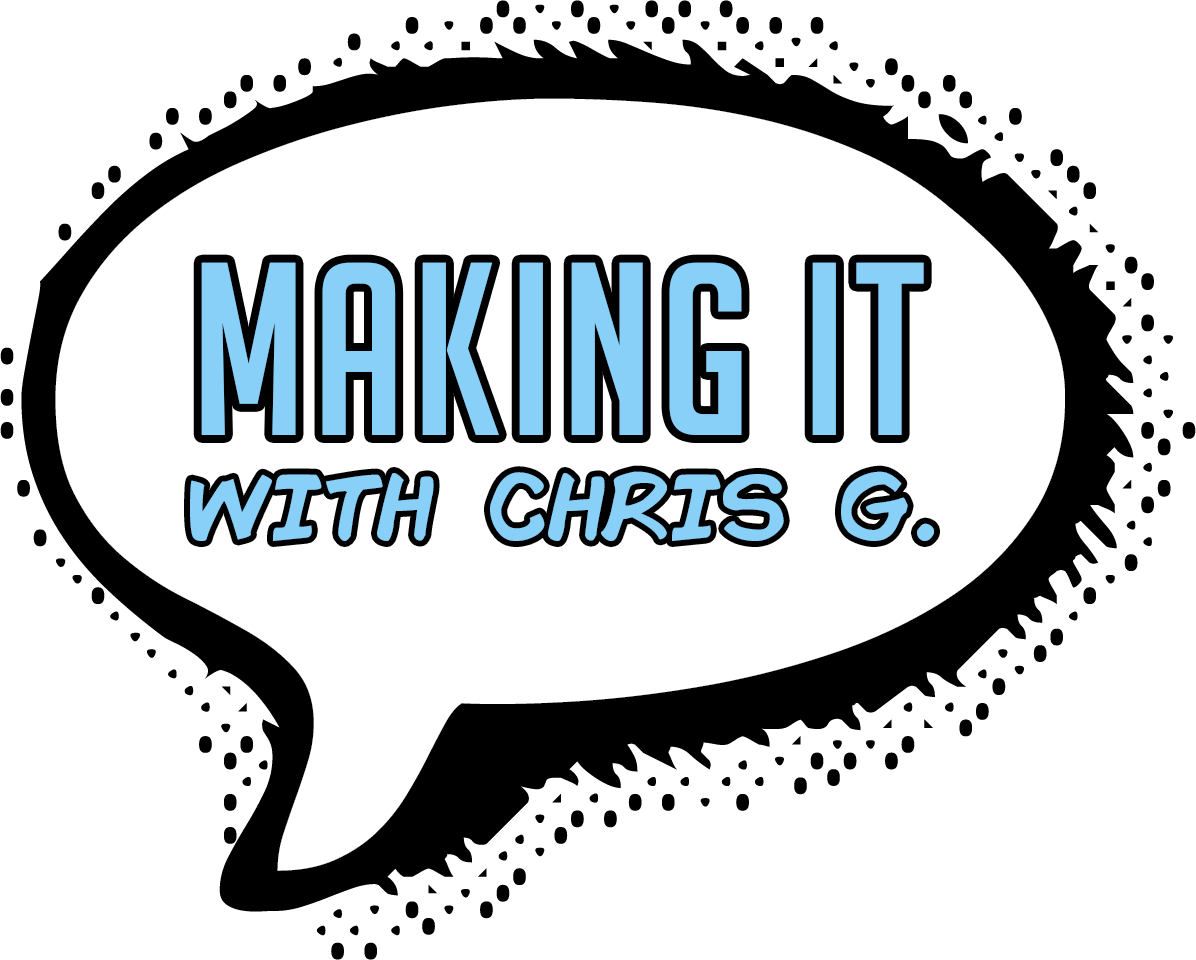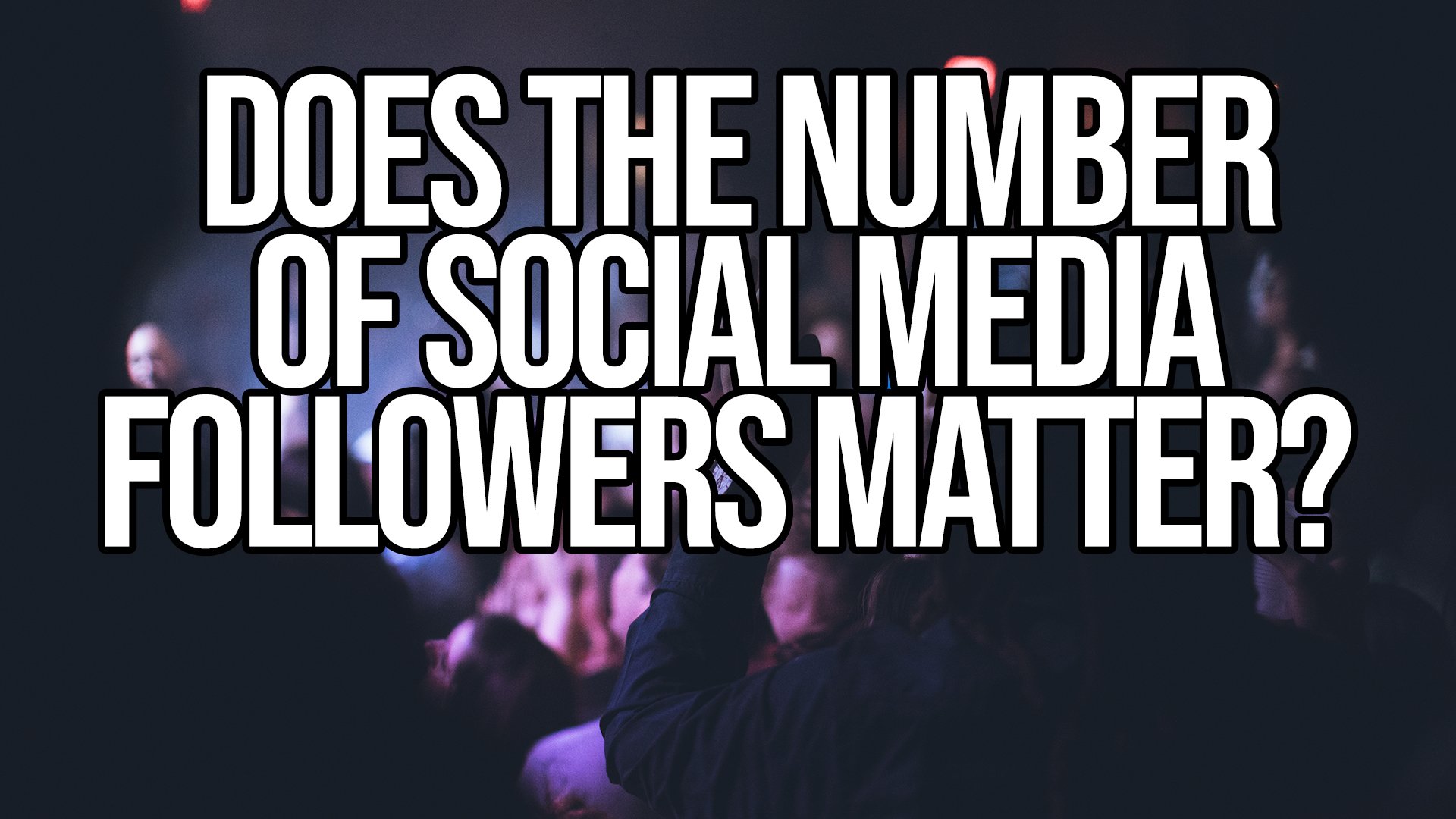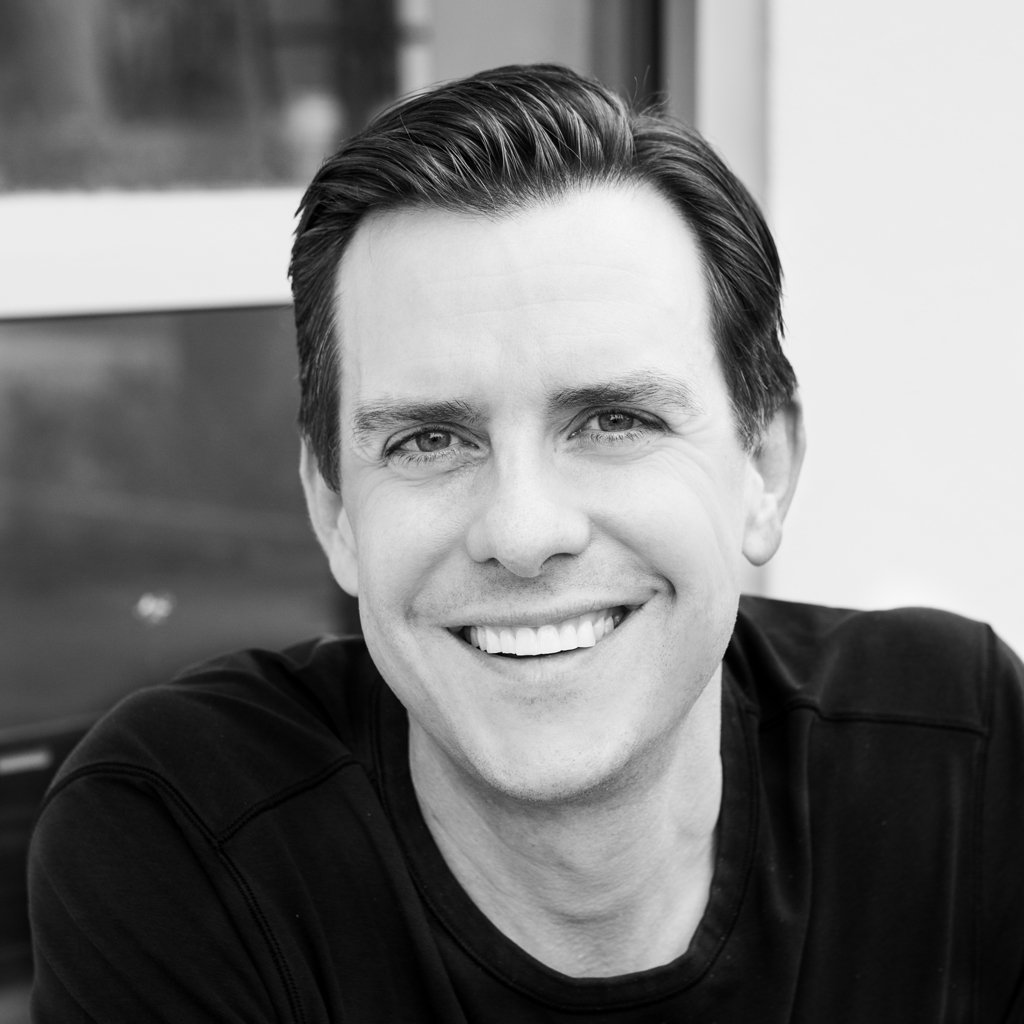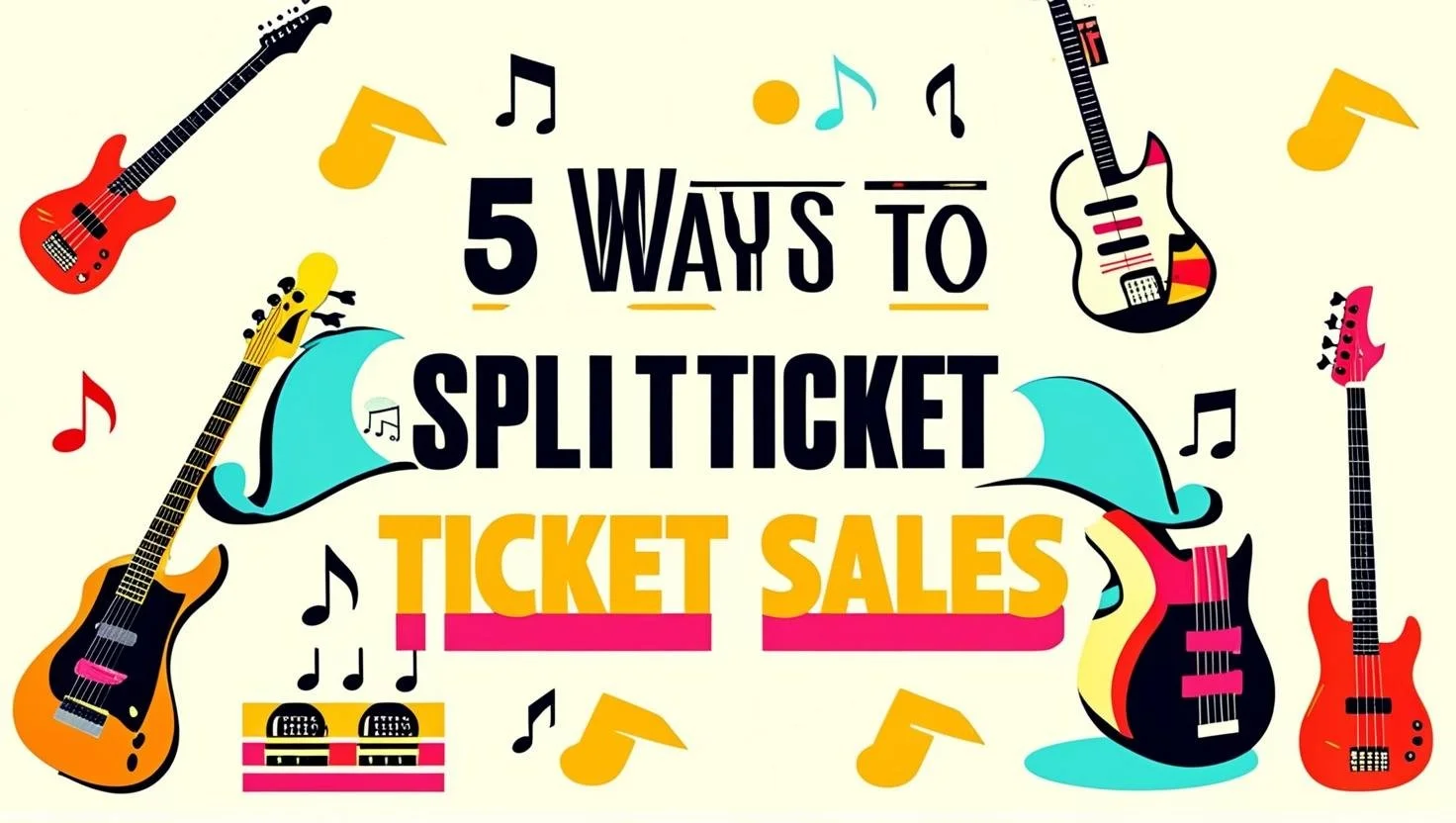How 3 Indie Artists Grew Their Spotify Listeners by Posting Daily — And How You Can Too (Plus Bonus Case Studies)
/How 3 Indie Artists Grew Their Spotify Listeners by Posting Daily — And How You Can Too
There’s a reason people say “Consistency is key.”
But in today’s music industry?
Consistency is currency.
For independent artists, social platforms like Instagram and TikTok aren’t just about going viral, they’re about building real momentum.
Let’s look at three independent artists who leaned into showing up daily, and the results speak for themselves.
🎤 Case Study #1: Transviolet
Transviolet didn’t rely on luck or playlists to drive their latest release. Instead, they showed up every single day on Instagram Reels and TikTok, sharing a mix of behind-the-scenes content, raw thoughts, and real-time updates with their fans.
The results?
20% increase in monthly streams within two months leading up to their single drop.
That single release pushed them from 240k to 300k monthly listeners on Spotify.
No paid campaigns. No smoke and mirrors. Just consistent, honest content.
🎤 Case Study #2: Lowen
Lowen started with around 20k monthly Spotify listeners.
She committed to posting daily — not just promotional content, but honest, slice-of-life posts and videos on her Instagram and TikTok that showcased her journey.
In just two months, her monthly listeners more than doubled to 48k. That’s a 110% increase, fueled by organic content and connection.
No viral hack. No label budget.
Just daily storytelling with heart.
🎤 Case Study #3: Julia Wolf
Julia Wolf took content consistency to another level.
She posted daily on TikTok, sometimes multiple times a day, and backed it up with strong content on Instagram, including reels, photo carousels, and repurposed TikTok highlights.
Her results?
From 228k to 1.19 million monthly Spotify listeners. A 424% increase in just three months.
Her content didn’t scream “promo.” It told a story, created a vibe, and welcomed fans into her world.
💡 What Can Artists Post? (Without Overthinking It)
Not sure where to start? Here’s what’s actually working right now for indie artists:
🎶 Acoustic or stripped-down versions of your songs
📹 B-roll or daily life footage with your original song playing and authentic captions
💬 Raw thoughts or stories behind your songs
📸 Photo carousels from your camera roll, live shows, or everyday moments — with your music layered on top
🎤 Reactions to fan comments or duets
📅 Behind-the-scenes from rehearsals, sessions, or show prep
👀 Unfiltered thoughts — your hot takes, your “why,” your message
😅 Real-life wins and fails — vulnerability connects
You don’t need high-end gear or a perfect aesthetic. You just need to show up and be real.
🚀 The Bigger Picture: Consistency Beats Virality
This isn’t just about short-term metrics.
Artists like Doechii, Chappell Roan, and Jelly Roll spent years being raw, real, and consistent on social media before becoming what looked like “overnight successes.”
The truth? They were laying the foundation through relentless, authentic posting — and now they’re reaping the rewards.
🎯 Final Mic Drop
If you’re an artist reading this, here’s your sign:
Stop waiting for perfect. Start showing up consistently.
✨ Post daily, even if it’s simple.
✨ Share your voice, not just your product.
✨ Use social media as a journal, not a commercial.
Your future fans aren’t looking for the most polished — they’re looking for the most real.
So hit record. Write the caption. Upload the clip.
You never know which moment might be the one that connects.
🎤 Let’s build.
BONUS CASE STUDIES FOR BLOG VISITORS ONLY:
🎤 Case Study #4: Sombr
Sombr’s rise in the music industry is a textbook example of consistency turning into momentum. He didn’t blow up from a single viral hit, he posted every day. Starting on TikTok with low-key heartbreak songs and intimate, bedroom-style production, he gradually built a fanbase that resonated with his vulnerability and sound. When his track “Caroline” caught fire, labels started calling, and the audience he’d been nurturing finally exploded.
But the real story isn’t just the breakout, it’s what came after. In July 2024, Sombr had 1.2 million monthly listeners on Spotify. Today, he’s sitting at over 18 million. And he’s still showing up daily, with new songs, covers, and freestyles. No gimmicks, just raw emotion and consistent connection with his fans. For independent artists, his journey is proof that the algorithm favors commitment, and that building something real always takes time.
🎤 Case Study #5: Kee Nola
Kee Nola is the latest artist proving that going viral isn’t just luck, it’s the result of consistent strategy and relentless output. In just three months, his Spotify Monthly Listeners skyrocketed from 35,000 to over 848,000, an 815% increase that didn’t come from one lucky break. His track “Party Girl” recently exploded on TikTok, but the foundation was already there: daily TikTok content, over 100 tracks released independently on Spotify, and a sound that resonates deeply with fans of melodic, emotional hip-hop.
What sets Kee Nola apart isn’t just his consistency, it’s how he’s using marketing tools to amplify that momentum. He’s investing in targeted Instagram ad campaigns to make sure the right audience is hearing his music, not just hoping for the algorithm to bless him. Below, you’ll find a screenshot of one of his current ad campaigns, showing how he’s pairing organic content with paid strategy. Kee Nola’s rise is a clear blueprint for independent artists: post with intention, build your catalog, and don’t sleep on marketing your music like it matters, because it does.

















